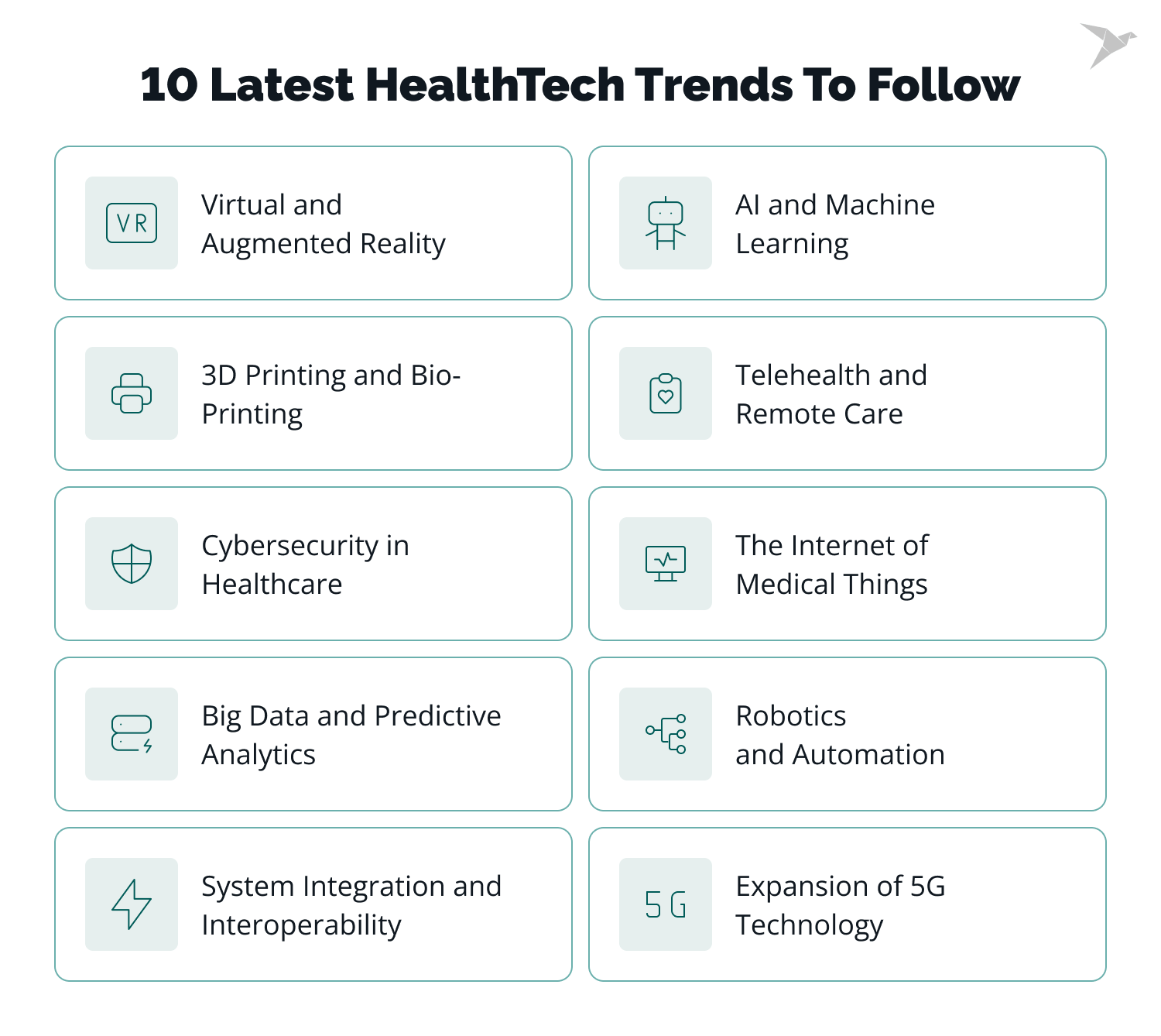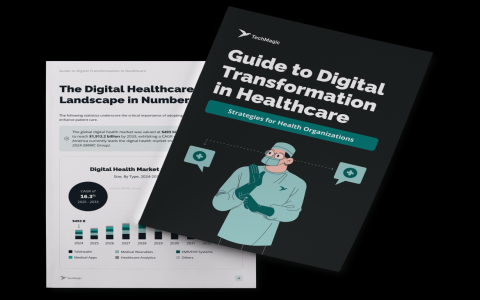So, everyone’s been yapping about this “wellness industry” thing, right? Like it’s the next gold rush. I kinda got sucked into it, not gonna lie. I figured, let me see what all the fuss is about, actually try some of this stuff out myself, not just read about it.
My Deep Dive into the Hype
I started seeing these fancy “smart rings” and “AI health coach” apps everywhere. They promised to unlock all my body’s secrets, give me personalized plans, basically turn me into a superhuman. Sounded pretty good, especially since I was feeling a bit blah, you know? So, I bit the bullet. I shelled out a good chunk of cash for one of these popular ring things and the monthly subscription for its AI brain.
When the little box arrived, I was actually excited. I put the ring on, downloaded the app, filled out a million questionnaires. For the first few weeks, I was glued to it. Checking my sleep score the moment I woke up, tracking every step, analyzing my “readiness” score like it was my exam results. I was all in.
The “Practice” Part – Getting My Hands Dirty
I didn’t just wear the thing. I decided to really test its “AI coaching.”
- I started logging everything meticulously. What I ate, my mood swings, how much water I drank – the whole nine yards.
- If the AI coach said “try a 10-minute meditation,” I did it. If it suggested a different bedtime, I tried that too.
- I also jumped into the online communities for these gadgets. Wanted to see if others were becoming superhumans, or if it was just me.
What I Actually Found – My Records and Realizations
Okay, so after a few months of this intense “practice,” patterns started to emerge. And it wasn’t all sunshine and optimized health.

First off, the “personalized” advice started to sound suspiciously generic. Stuff like “aim for 7-8 hours of sleep” or “stay hydrated.” Thanks, AI, I could’ve Googled that for free. I’d change my diet significantly, log it all, and the AI would barely react. Its advice felt like it was picked from a list of ten pre-written tips. So much for deep personalization.
Then there’s the money. That ring wasn’t cheap, and the monthly app fee kept adding up. I started thinking, am I paying premium prices for common sense wrapped in a shiny package? It felt like it.
The online communities were weird too. Lots of people showing off perfect scores, almost like a competition. And so many “influencers” pushing their discount codes for the same products. It felt less like a supportive health group and more like a sales pitch sometimes. Everyone seemed to be selling something.
I even tried to “trick” the AI. I’d log a terrible night’s sleep when I actually slept okay, just to see what it would say. The advice was… predictable. Nothing groundbreaking. It made me really question how much “AI” was actually in there versus some clever algorithms and well-marketed features.
So, What’s the Deal with this “Hottest Industry”?
It hit me after a while. This whole thing, this “hottest wellness trend,” it’s an incredible business model. They’re not just selling health; they’re selling data, subscriptions, and the illusion of control over your well-being. The tech is neat, no doubt. The rings look cool. But the engine driving it is convincing millions of us that we need this constant stream of data, these expensive gadgets, and these subscription plans to be healthy.

They’ve managed to make basic healthy habits sound like complex science that only their expensive product can decipher for you. And people are buying it. Hook, line, and sinker.
So, yeah, I dived into the “hottest养生行业” (wellness industry). I spent the money, I did the work, I tracked the data. Am I a superhuman now? Nope. Maybe a tiny bit more aware of my sleep, but I could’ve gotten that from a cheap fitness band. My wallet is definitely lighter, and my skepticism for “hot new trends” is way, way higher. It’s often more about the sizzle of marketing than the steak of actual, personalized results. That’s my two cents, from actually doing the thing.
